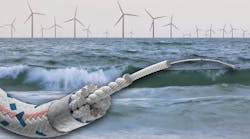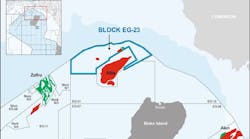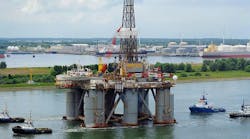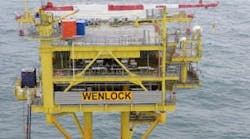Offshore staff
NEW DELHI, India – At the 21st World Petroleum Congress meeting in Moscow, India’s new petroleum and natural gas minister, Dharmendra Pradhan, signaled that the Indian government was reworking its incentive regime governing hydrocarbon exploration. The government’s intent aims to revive investor interest in the sector.
The new incentive regime is likely to be based on the revenue-sharing model, as opposed to the existing cost-recovery model. The move, which has been widely debated, if effected, would mark the country’s shift from the present production-sharing contract (PSC) framework for the oil and gas sector, which allows for cost recovery by exploration and production companies before they pay the government its share of revenue.
Alongside this, the government will also put in place a uniform licensing policy, which would allow licenses, once awarded, to be extended to all fuel sources, including oil, gas, shale, and coalbed methane. This announcement comes in the backdrop of waning investor interest in the Indian hydrocarbon sector, with around 70% of Indian basins remaining largely under-explored. Even response to theNew Exploration Licensing Policy (NELP) has been tepid.
According to a statement issued by the petroleum ministry, while responding to queries from representatives of E&P operators and various countries, Pradhan said that the government intends to bring in policies that would ease the way for large foreign investments in the oil and gas sector.
Pradhan said there is a need for facilitating increased production in India and the need to hasten the pace of domestic exploration and production. He said that, to do so, his ministry is already in the process of bringing out amendments and new policies. India approved NELP in 1997 (it took effect in January 1999) to boost hydrocarbon exploration. Under NELP, the government allocates rights to explore hydrocarbon blocks through a bidding process and, so far, has done this in nine phases for 360 blocks, with an investment of around $21.3 billion.
India, the world’s fourth largest energy consuming nation, imports 80% of its crude oil and 25% of its natural gas requirements. The country trails the US, China, and Russia, accounting for 4.5% of global energy consumption.
06/19/2014




